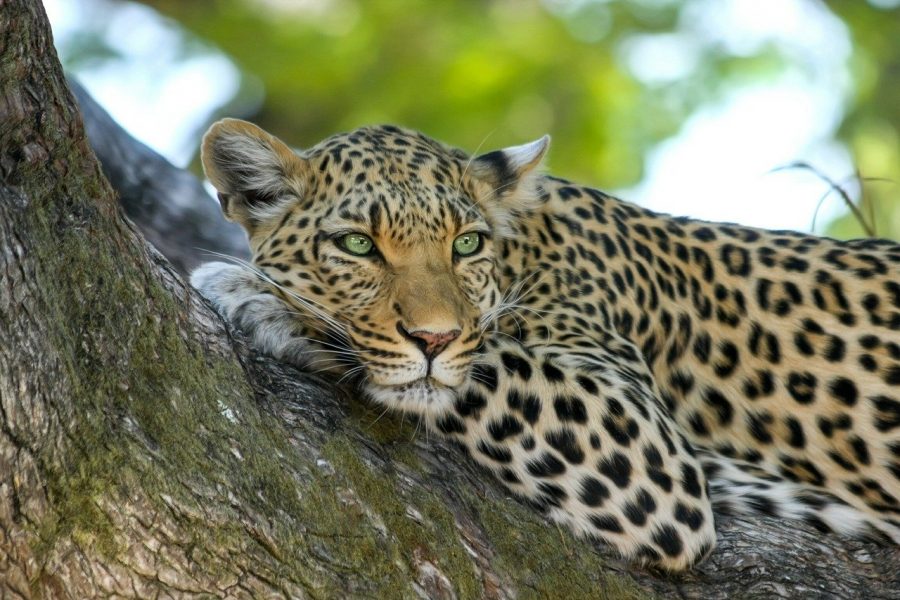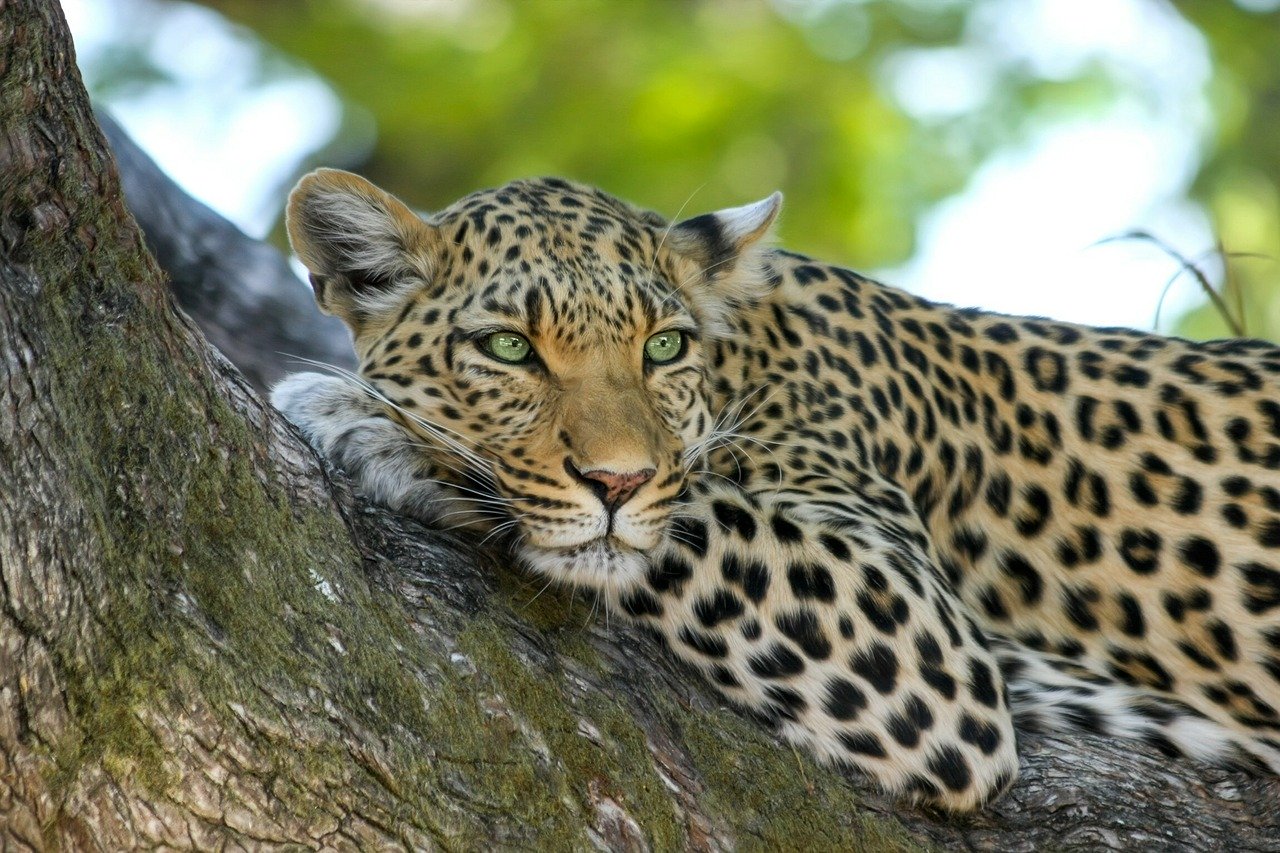
China’s Ban on Wildlife Markets Welcomed, with Encouragement to Make It Permanent
The Endangered Wildlife Trust (EWT), which works tirelessly to combat illegal trade and support conservation, has welcomed the decision by Chinese authorities to ban the trade of wild animals in a bid to prevent the spread of the coronavirus. The EWT said in a statement on Wednesday that it is calling for the Chinese government […]

The Endangered Wildlife Trust (EWT), which works tirelessly to combat illegal trade and support conservation, has welcomed the decision by Chinese authorities to ban the trade of wild animals in a bid to prevent the spread of the coronavirus.

The EWT said in a statement on Wednesday that it is calling for the Chinese government to make this a permanent ban, rather than a temporary one.
Coronavirus has so far claimed the lives of at least 132 people.
“At this time no wildlife can be sold in or moved between markets, including online markets,” said the EWT, adding: “The EWT recognises that international trade in wildlife has been linked to disease transmission across the globe. Illegal markets threaten endangered species and lead to overexploitation of natural resources.
“Of particular concern is the spread of contagious diseases between animals in wildlife markets and humans who come into contract with them. Illegal wildlife markets are therefore not only a conservation and welfare issue, but a public health issue.”
The Chinese Centre for Disease Control and Prevention tested 585 samples of wildlife specimens present at the Wuhan’s Huanan Seafood Wholesale Market during the course of January and found 33 of these samples contained the coronavirus, said EWT.
“In this market, as in so many throughout China, customers could purchase carcasses and live animals from local and international origins. African animals, such as crocodiles and pangolins, are on offer.
“Disease is not the only danger consumers face from wildlife products. In Africa, many of the animals that end up in the trade chain are killed using highly toxic pesticides. Residues of these poisons have been detected on animal parts from vultures, leopards, and a range of other species.
“The EWT works to create awareness of this public health threat to local and international consumers, but this effort must be supported by governments and organisations in the relevant countries, including China.
“The Chinese government has in recent years taken increasing steps to curb the demand for wildlife products from Africa, which often end up in these wildlife markets.”
In 2017 the Chinese government announced its plans to shut down domestic ivory trade.
In 2019, Chinese officials joined African countries in calling for an end to wildlife trafficking.
“If the demand for illegal wildlife products persists, and markets go unregulated, populations will continue to be threatened by zoonotic diseases (those that spread between animals and people).
“These markets threaten survival of endangered and threatened species and lead to overexploitation of our planet’s limited resources. The closest China has come to closing its wildlife markets was in 2003, following the SARS outbreak that killed almost 800 people.
“This effort dissipated months later and regulation remained unchanged. Understanding the threats these markets represent to both humans and wildlife, now is the right time for China to announce a permanent ban on wildlife markets,” said the EWT.
